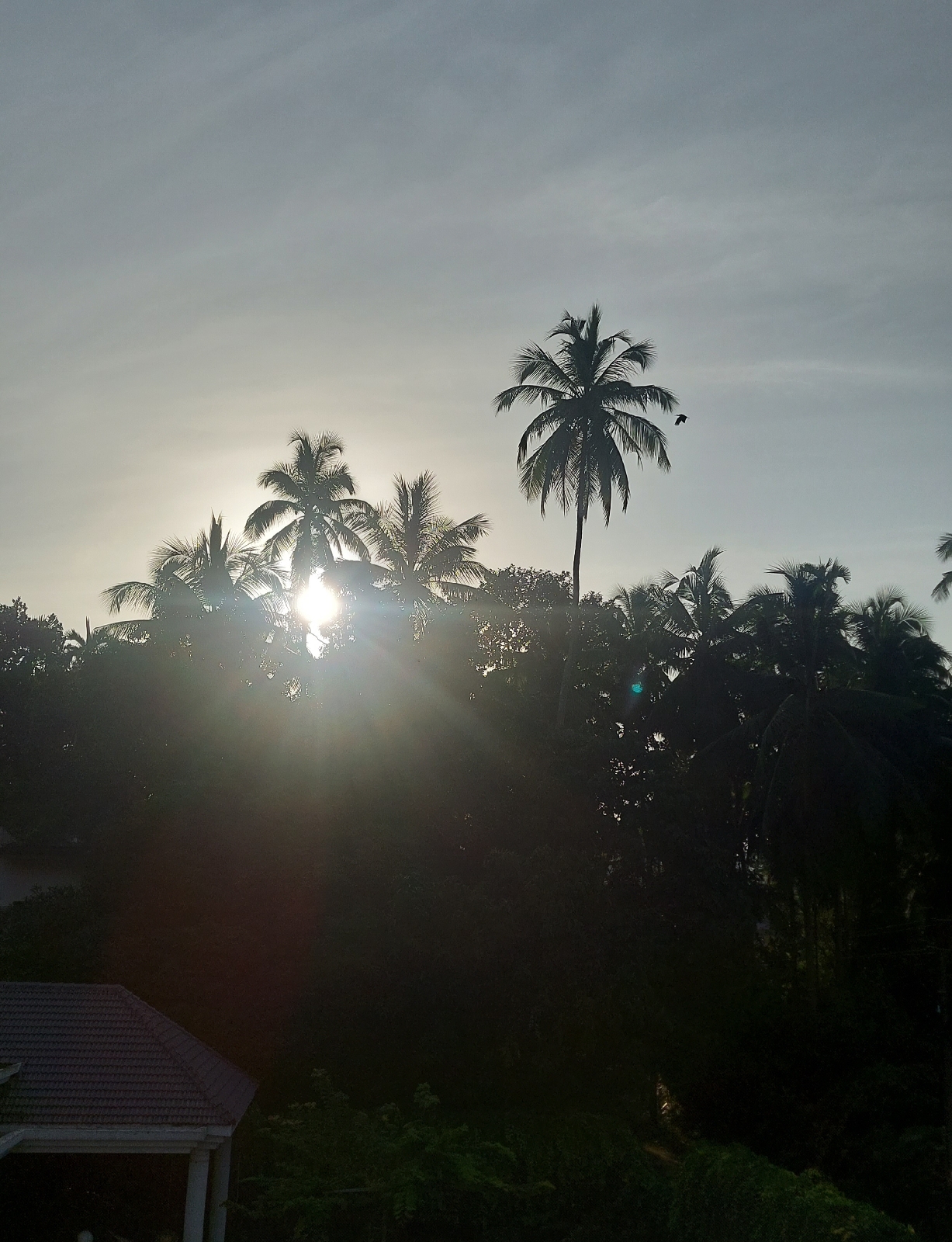Brother Eagle, Sister Sky; A Plea for Our Future
Dear
Reader,
Before
I start my blog, I would like to say that my words shall never be as poignant
or heartfelt as the speech given by Chief Seattle but I shall try my best to
blog with the childish fascination and awe that I felt when I came across this
book. The powerful words and remarkable pictures in the book do make me envy
those who own a hard copy of it.
(link
to the text)
https://archive.org/details/BrotherEagleSisterSky/page/n7/mode/2up
Brother Eagle, Sister Sky: A Message
from Chief Seattle is an illustrated book by Susan Jeffers originally published
in 1991. The book contains a speech given by a leader of the Northwest
Indian Nations, Chief Seattle to the government in Washington D. C. responding
to the buying of native land that is considered sacred by his people. Spoken
about 150 years ago during the end of the wars between the natives and the colonists,
his plea against the robbery and destruction of nature is simple yet moving.
As I stumbled upon the book for the first time, I felt enveloped by this strange aura that seemed stranger the more I tried to understand it. Was it the pictures? Was it the words that seemed to flow as gracefully as the stream that flows near my home during monsoons? With great effort by trying to put myself out of this aura, I read the lines again and again.
“How can you buy the sky?”
The first line asks the rhetorical
question against the mindless exploitation of the lands that are considered
sacred and holy for his people. Going through the threads of the relationship between
man and nature through the eyes of the native we see that nature is not
something that can be bought. Every little element be a sandy shore or even a
pine needle holds sacred in the memory of the people.
“My father said to me,
I know the sap that courses through the trees
as I know the blood that flows in my veins.”
The understanding of nature is not one
of scientific or empirical knowledge. It surprises me as I go through these
lines. Nature is considered to be family that is to be treated as part of one’s
own self. As I get distracted again by the beauty and the charm of the pictures,
I do feel like maybe I should read further with the aura that persists within
me about this book.
Now we see streams of water that eddies and
murmurs along the land. The murmurs could be the voices of our ancestors. The
rivers give life to the generations of people who treated them as their own
blood. The wind that gives life and takes it away are sweetened by the meadow
flowers. The pictures just compliment the larger-than-life pictures painted by
Chief Seattle by his words.
“My ancestors said to me,
This we know: The earth does not belong to us. We belong to the earth.”
Following this we see the
heartbreaking images of the natives watching a large area of the woods cleared
for settlements. With the end of the harmony between man and nature, Chief Seattle
warns against how living will end and survival shall begin. The speech is not
merely a claim against the claiming of native lands, but a plea for the ‘new owners’
of the land to treat the land as how the natives did. Their love for the land
is like a newborn’s love for its mother’s heartbeat. The text is a warning stating
how destroying nature is equivalent to destroying life itself. One of the most
respected peaceful leaders of the Native Americans, Chief Seattle’s words did
strike close to the heart. I can only imagine the depth and emotions that his
words might have carried when it was spoken in his native tongue.
This we know: All things are connected like the blood that unites us.
We did not weave the web of life,
We are merely a strand in it.
Talking from an ecocritical
perspective one could heavily talk about bioregionalism; the overexploitation
of lands, the familial relationship man holds with his land etc. However,
before one could dive into that, I would suggest you read the book with all the
aura that surrounds it. To quote Francis Bacon, this is one of those books that
require to be chewed and digested.
Until next time dear reader
Alan





Comments
Post a Comment